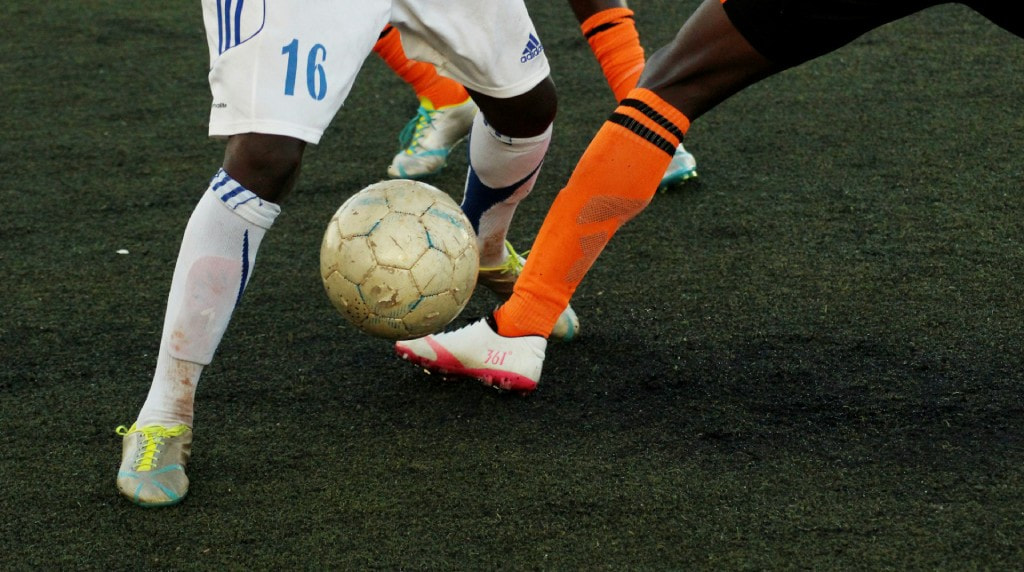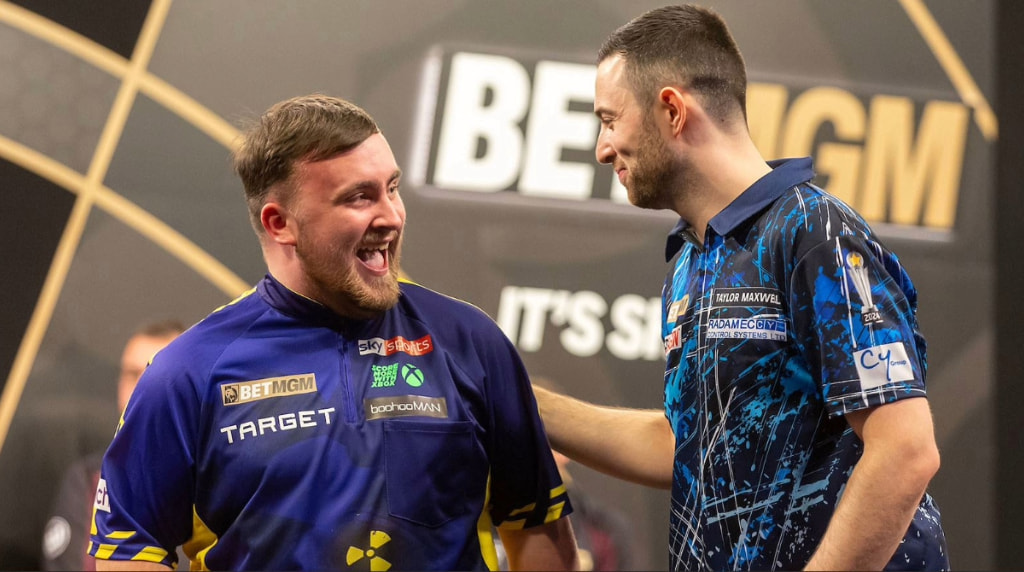Operators advertising on affiliate domains with illegal offers can now be penalized by the GGL
The central gaming authority of the 16 federal states of Germany, Gemeinsame Glücksspielbehörde der Länder (GGL), has been granted the authority to interdict licensed operators from conducting any marketing activity on affiliate marketing domains that promote offerings or services that are illegal in Germany. The Higher Administrative Court of Saxony-Anhalt granted the nation’s first central regulator the right to act on this situation to avoid marketing legal gambling on the same platform where illegal offers are also being promoted.

GGL has been granted the authority to interdict licensed operators for affiliate marketing.
©Ansgar Scheffold/Unsplash
The regulated gambling market in Germany is quite strict. Initially, individual state authorities monitored and regulated gambling activity in all 16 federal states of the country. However, at the start of this year, GGL was formed to be the nation’s first central gambling authority, regulating and supervising all gambling activity that takes place inside its borders. The move to instate GGL was planned in 2021 when the Fourth State Treaty for gambling was in place. This treaty held an updated set of regulations for the smooth functioning of the gambling market in the country. It also held measures to increase player safety and methods to combat illegal gambling activities. GGL is one of the most active gambling regulators in the fight against unlicensed operators and other illegal activities. Following stringent guidelines, the German regulator has detected several unlicensed operators that have entered or tried to enter the country’s gambling market in the past and has reprimanded them in accordance with the gambling code.
The Saalestadt-based regulator is also responsible for issuing gambling licenses to operators who intend to expand their operations by legally entering the strictly regulated German gambling market. However, attaining a gambling permit is also challenging if the paperwork is unclear or the if the applicant has failed to maintain a good reputation in the market. Before the GGL took charge, there were about 3,500 applications that were submitted for individual gaming licenses. After the strict verification of the paperwork and background checks, only 600 applicants received their permits. The others were either left pending or rejected due to application errors or a bad reputation in other regulated jurisdictions. After GGL took over, the first set of applications consisted of 78 requests for slots and poker. However, only 25 operators from that applications list were on the official gambling whitelist of Germany. Hence, only their applications were approved, while the others were rejected. Another reason for application rejection is the absence of instructions in the German language.
In the latest step against illegal gambling, the GGL appealed to the Higher Administrative Court of Saxony-Anhalt to gain permission to prohibit the advertising and promotion of legal gambling activities on platforms on affiliate platforms that also promote illegal offers. Responding to the GGL’s appeal, the Higher Administrative Court confirmed that legal offerings should not be marketed in any way on any platform that also markets illegal offerings or operators. This activity does not comply with the Fourth State Treaty for Gambling regulations. Furthermore, the court has also asked GGL to enlighten these affiliate domains about the whitelist that comprises names of licensed operators who are allowed to advertise on their domains as long as the advertising guidelines of Germany are respected. Additionally, GGL can also ban iGaming domains that claim to be free of charge. Operators also have to elaborate on their bonuses and discounts, including the benefit amount and the duration of the bonus period.
GGL imposed the first five-digit fine for an advertising violation
Gambling operators trying to enter the German gambling markets without a valid gambling permit are fined and banned in the country. However, the fines are not always levied on unlicensed operators. Legal operators offering legal gambling services in the nation can also be slapped with a fine if they fail to comply with one or more regulations of the German gambling guidelines. Earlier this year, an unnamed licensed operator received a massive five-digit fine because it advertised on an affiliate platform that also promoted illegal offerings. The identity of the licensed operator and the exact amount of the fine was not disclosed by the GGL.
According to the regulator, the unnamed operator is one of the many operators who received their respective gambling licenses from the GGL earlier this year after the entity took over from the Gambling College. However, the operator breached the advertising regulation after it was seen advertising illegal offers on websites. When the GGL came into power, board member Benjamin Schwanke clarified that the regulator would be strict with all its monitoring activities and would not hesitate regarding enforcement. Now the licensed operators will have to be extremely careful when it comes to picking a platform to advertise their offerings. A lack of thorough checks of affiliate domains could lead to a hefty penalty.
GGL penalized a streamer for illegal gambling promotion
Monitoring all gambling-related activities includes keeping an eye on every platform that could be used to gamble on or advertise legal and illegal gambling offerings. Apart from affiliate domains, online streaming has also become a platform on which gambling activities are directly or indirectly advertised. These platforms include big names like YouTube and Twitch. In February this year, renowned online streamer Ron Bielecki was accused of indirectly promoting illegal gambling in Germany on multiple occasions via his official online streaming channels on YouTube and Twitch.
Since the number of violations was quite high, the German regulator was forced to involve the public prosecutor in Berlin, Strafverfolgungsbehörden Generalstaatsanwaltschaft. After studying the case, a massive €480,000 fine was imposed on the streamer. Imposing the fine was not the first step. Bielecki was contacted multiple times before the fine was announced and received numerous warnings to cease the activity immediately. However, the stream continued to stream the same way and committed 88 violations. Due to the high number of violations and because of his assumed net worth, the massive six-figure fine was announced.
Due to his field of work and what was propagated in his own videos, Bielecki’s income was considered above average. Hence, the prosecutor was advised to increase the daily rate from €120 to €4,000. The violations were detected between October 2021 and May 2022. During this period, the streamer reportedly advertised illegal gambling 37 times and participated in the same illegal activity 51 times. The activities involving advertising and participating in illegal gambling were both streamed on his official channels. After multiple warnings, the GGL did not hold back and issued a massive fine for repeated violations.



